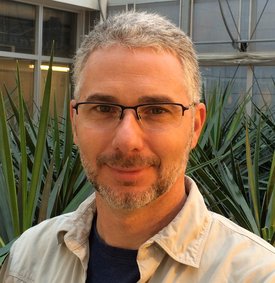
David M. Althoff
DEPARTMENTS
- Biology
Associate Professor, Associate Chair, and Director of Undergraduate Studies
CONTACT
-
440 Life Sciences Complex
Email: dmalthof@syr.eduOffice: 315.443.1096
Entries in the areas listed below (other than biography and books) are selections delimited to the last five years. Consult the faculty member’s biography, listed website(s) or CV for additional information.
